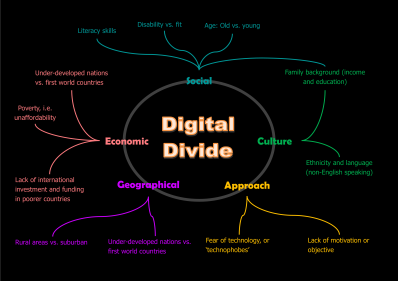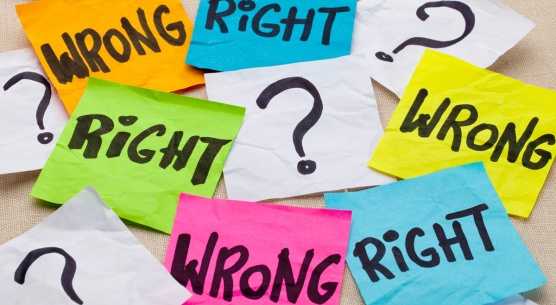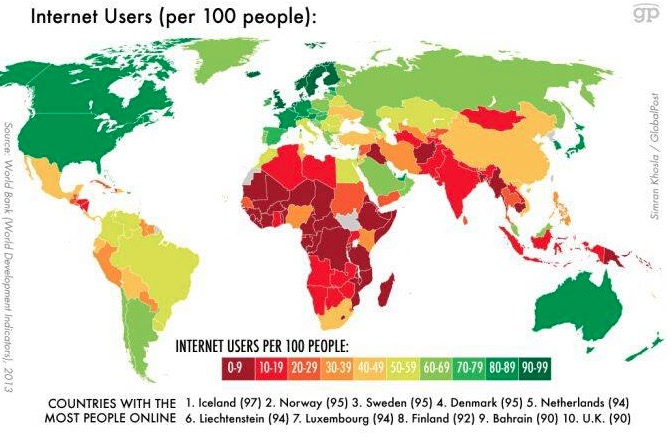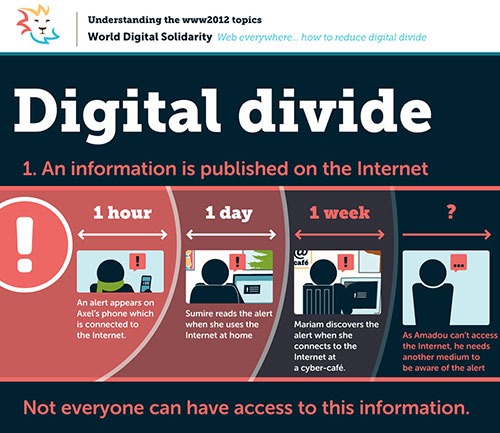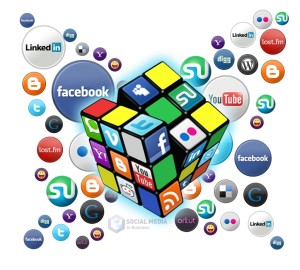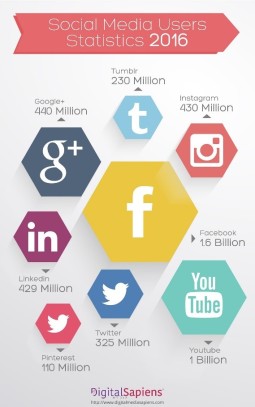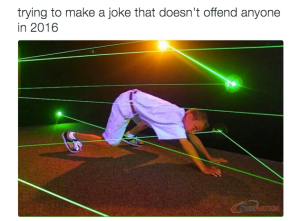
Topic 4: Tweeting your Business
Sometimes, not minding your own business online can affect your business in real life.
There are a number of cases where an individual’s social media has gotten them into trouble at work, and in some instances, even fired, which raises the debate on freedom of speech online and self-censorship.
Continue reading →




